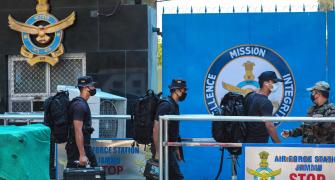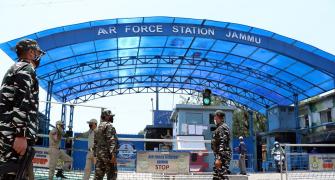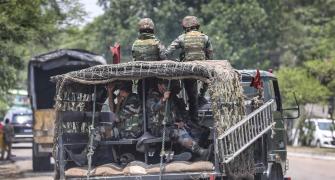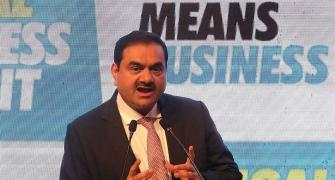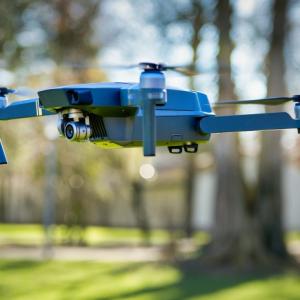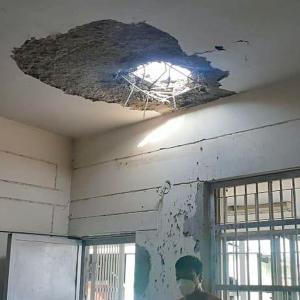While there were concerns about the security aspect of drones, top government officials were of the view that restricting the drone industry would stifle a sunrise sector which holds significant promise for future, reports Arindam Majumder.
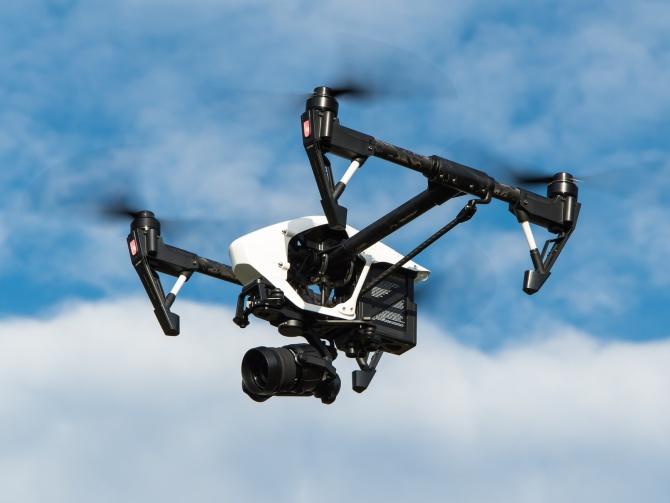
India is expected to further liberalise drone regulations, easing the process of getting licence as well as doing business for operators. The new rules are likely to be unveiled on Independence Day.
The decision to simplify the licensing requirements, relax operational curbs and reduce penalties for operators was taken at a meeting chaired by Prime Minister Narendra Modi recently, just days after the terror attack in Jammu using drones, people in the know said.
The meeting was attended by Union Home Minister Amit Shah, Defence Minister Rajnath Singh, Civil Aviation Minister Hardeep Puri and National Security Adviser Ajit Doval.
Sources said while there were concerns about the security aspect of drones, top government officials were of the view that restricting the drone industry would stifle a sunrise sector which holds significant promise for future.
Coinciding with the move to open up the sector more, the Indian Air Force has been tasked with procuring and developing counter drone technology to tackle the problem of rogue drones.
The new rules will supersede the Unmanned Aircraft Systems Rules 2021, which came into effect only in March.
“There were multiple complaints from the drone industry that the current rules were not convenient and instead increased compliance burden for operators, many of whom are young entrepreneurs. Hence, the previous rules will be repealed and the new rules will come,” said a person aware of the development.
Industry sources said that under the regulations that were unveiled in March, a drone operator required 23 permissions from multiple government agencies to operate a drone with a requirement of several secondary permissions beyond the 23.
“Even for testing a drone, permission was required from the police and Indian Air Force. Such provisions lead to administrative bottlenecks and a never-ending process of obtaining approvals,” said an executive at a drone manufacturing firm.
The current rules also mandate high technical requirements like geo fencing capability and collision avoidance system. Such systems are costly for manufacturers as most of them have started business around five to six years ago.
“The concept of safety by certification, similar to manned aircraft has not been considered,” said Smit Shah, director, Drone Federation of India, an industry group. For instance, a helicopter does not have any equipment for its main rotor but is still certified to fly over people in complex urban environments, Shah explained. “Such a consideration seems to have been ignored for drones.”
The new policy is also likely to reverse the ban on commercial use of drones for food or good delivery, according to sources. Multiple companies including Swiggy, Flipkart, and Apollo Hospitals have formed partnerships for pilot testing of delivery by drones.
“Stricter regulations would only prove to be detrimental for the nation’s plan to develop advanced technological capabilities. No strict or liberal drone regulations can stop any miscreants from assembling a drone and using it for malicious activities. A person with malicious intent will not register a drone and will never follow any safety protocols mandated by the government,” Shah of DFI said.
The IAF has sought to purchase 10 Counter Unmanned Aircraft System (CUASs) -- known as anti-drone systems in common parlance -- specifically from Indian vendors. Defence Research Development Organisation (DRDO) has developed a counter-drone technology that uses methods like jamming and hard kill systems to detect and neutralise the danger from such aerial attacks.
When asked, Amber Dubey, joint secretary at the ministry of civil aviation, who heads the drone division, said the government was working on liberalised drone rules to help home-grown drone start-ups, researchers and operators and develop indigenous counter drone technology.
“Drones are the future of aviation, logistics, surveillance and warfare. The government shall continue to give full support to the drone ecosystem. Criminals use mobiles and cars too. One doesn’t shut down manufacturing of cars and mobiles after a crime,” he said, adding that the efforts on intelligence gathering and drone forensics would be redoubled.


